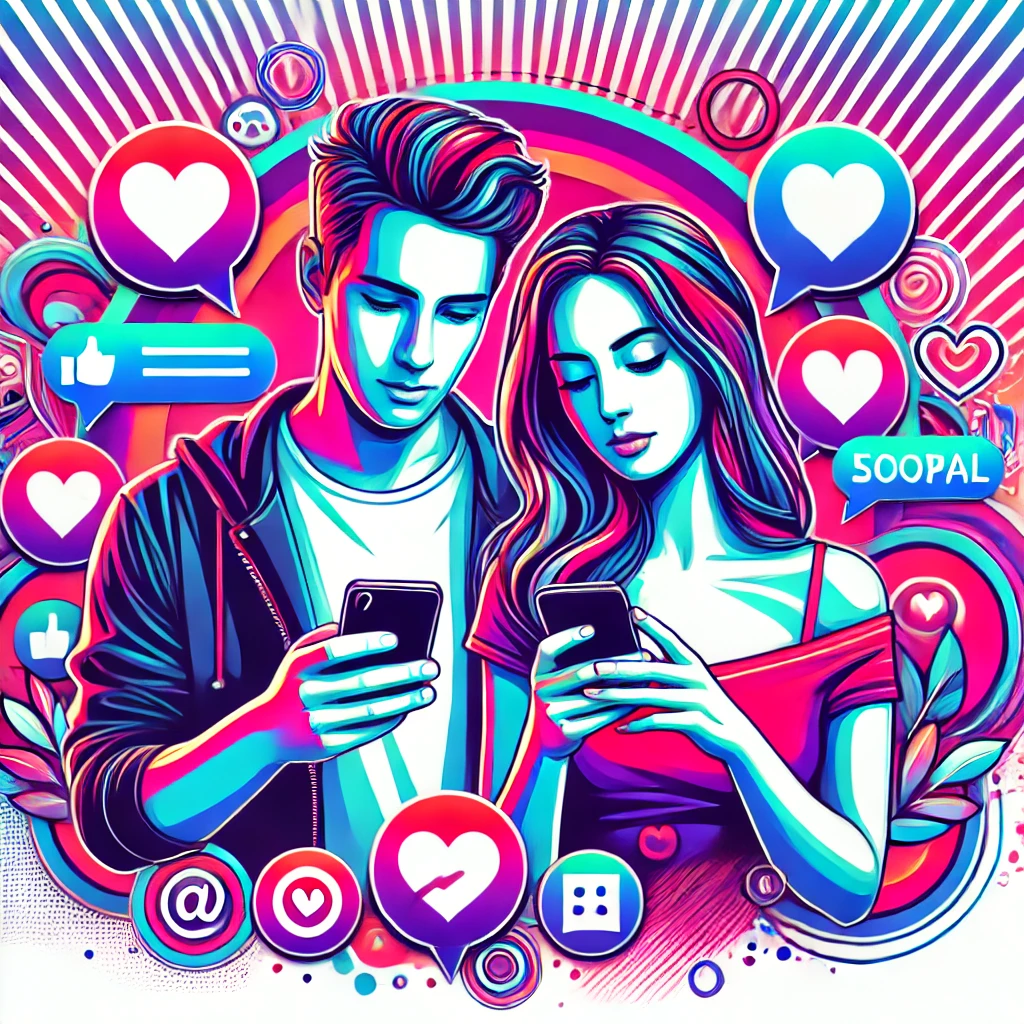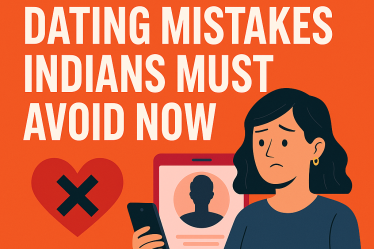
Generation Z (Gen Z), encompassing individuals born between the late 1990s and early 2010s, has cultivated a distinctive lexicon to articulate their experiences in dating and romance. This evolving vocabulary reflects the unique dynamics of modern relationships, influenced by digital communication and shifting societal norms. Understanding these terms offers insight into the contemporary dating landscape and the values of Gen Z.
1. Rizz
Derived from “charisma,” “rizz” refers to an individual’s ability to charm or attract potential romantic partners. Someone with “rizz” possesses a natural allure and confidence in social interactions. The term gained popularity on platforms like TikTok, where users showcase their “rizz” through various challenges and trends.
Example: “He’s got mad rizz; no wonder everyone falls for him.”
2. Situationship
A “situationship” describes a romantic relationship lacking clear definition or commitment. It’s more than a casual hookup but doesn’t reach the level of a formal partnership. This ambiguity often leads to confusion about the relationship’s direction.
Example: “We’ve been hanging out for months, but it’s still just a situationship.”
3. Breadcrumbing
“Breadcrumbing” involves sending flirtatious or ambiguous messages to someone without genuine intent to pursue a relationship. It’s akin to leaving a trail of breadcrumbs—maintaining the other person’s interest without committing.
Example: “He keeps messaging me just enough to keep me interested, but never makes plans to meet up—classic breadcrumbing.”
4. Ghosting
“Ghosting” refers to abruptly ending all communication with someone without explanation. This sudden silence leaves the other person wondering about the cause and can be particularly hurtful.
Example: “We were texting every day, and then she just disappeared. I got ghosted.”
5. Cuffing Season
“Cuffing season” denotes the period during colder months when individuals seek short-term partnerships to stave off loneliness. These relationships often last only through the winter season.
Example: “Every year around November, people start looking for someone to cuddle with during cuffing season.”
6. Soft-Launching
To “soft-launch” a relationship means subtly introducing a new partner on social media without revealing their full identity. This approach hints at a romantic involvement without making a formal announcement.
Example: “She posted a photo of two dinner plates but didn’t show who she was with—a classic soft-launch.”
7. Beige Flag
A “beige flag” refers to a partner’s habit or trait that isn’t necessarily negative but is considered odd or mundane. It’s a neutral observation that might indicate compatibility issues down the line.
Example: “He talks to his stuffed animals at home; it’s a beige flag for me.”
8. Throning
“Throning” describes the act of pursuing a relationship with someone of higher social status or influence to boost one’s own image. In this context, the ‘throne’ represents the power or prestige associated with the individual being pursued.
Example: “She’s been throning by dating that famous influencer to gain more followers.”
9. Textlationship
A “textlationship” is a relationship primarily based on texting or messaging, with minimal in-person interactions. While convenient, it can lack the depth of face-to-face connections.
Example: “We’ve been texting every day for months, but we’ve only met twice—it’s turning into a textlationship.”
10. Shooting Your Shot
“Shooting your shot” means taking the initiative to express romantic interest in someone, often by sending a direct message or making a bold gesture. It embodies the idea of seizing the moment despite potential rejection.
Example: “I finally decided to shoot my shot and asked him out for coffee.”
These terms encapsulate the fluid and often ambiguous nature of modern dating among Gen Z. They highlight a generation navigating relationships in an era dominated by digital communication, where traditional dating norms are continually being redefined.
Understanding this evolving vocabulary is crucial for anyone looking to engage with or comprehend the dating experiences of Gen Z. As language continues to adapt to societal changes, staying informed about these terms fosters better communication and connection across generations.



